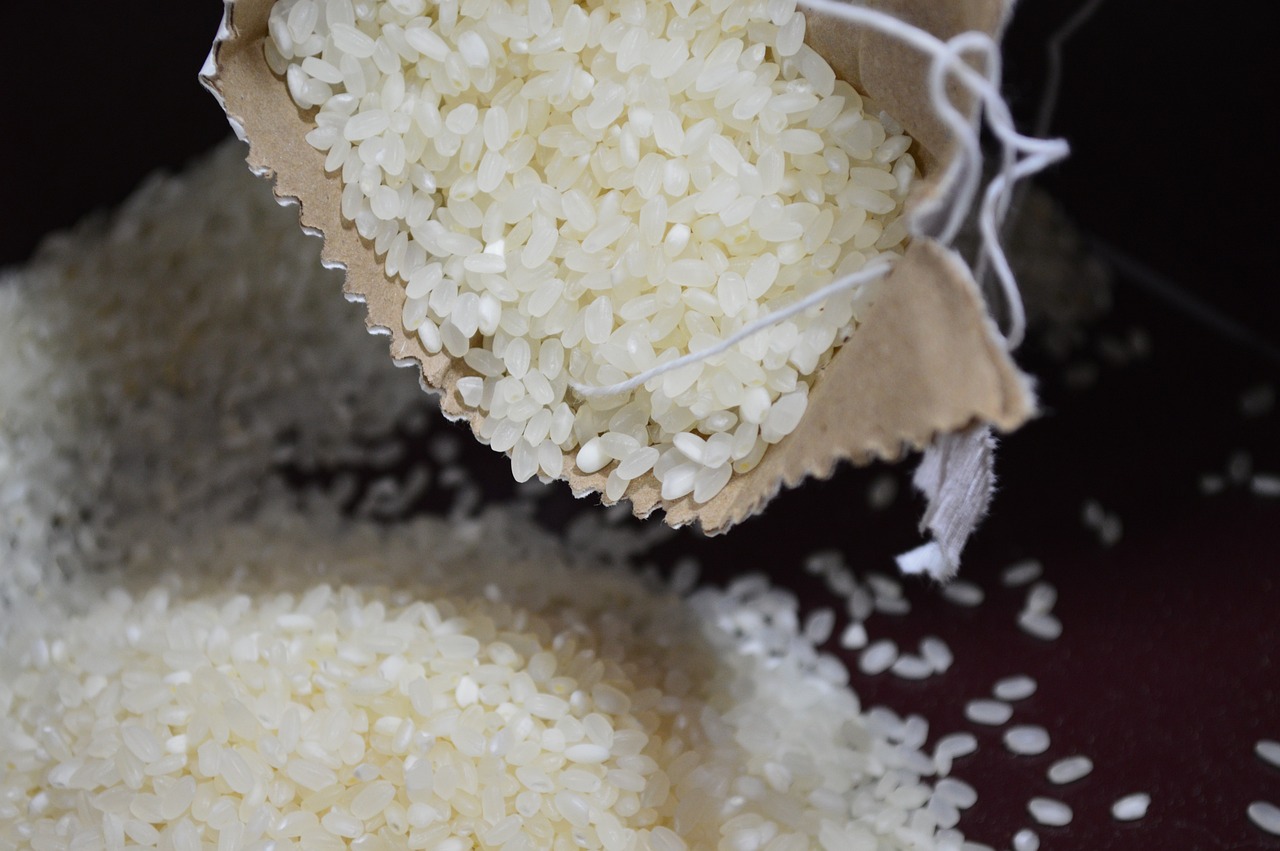The Growth of Plant-Based Dairy Alternatives
Plant-based dairy alternatives offer a wide range of benefits for those looking to make healthier and more sustainable food choices. One major advantage is that these alternatives are typically lower in saturated fats and cholesterol compared to traditional dairy products. This can help improve heart health and reduce the risk of chronic diseases.
Moreover, plant-based dairy alternatives are often fortified with essential nutrients such as calcium, vitamin D, and B vitamins, making them a suitable option for individuals following a vegan or lactose-free diet. These fortified products can help meet daily nutrient requirements and contribute to overall well-being.
Nutritional Value of Plant-Based Dairy Alternatives
Plant-based dairy alternatives offer a range of essential nutrients that are comparable to traditional dairy products. They are often fortified with calcium, vitamin D, and B vitamins to ensure they provide a nutritionally complete option for those following a plant-based diet. These alternatives can also be a good source of protein, fiber, and healthy fats, contributing to a balanced diet.
Additionally, plant-based dairy alternatives are generally lower in saturated fats and cholesterol compared to their dairy counterparts. This can be beneficial for those looking to manage their cholesterol levels or reduce their intake of saturated fats for overall heart health. By incorporating plant-based dairy alternatives into their diet, individuals can still meet their nutritional needs while enjoying a diverse range of flavors and textures.
Environmental Impact of Plant-Based Dairy Alternatives
Plant-based dairy alternatives have been gaining popularity due to their lower environmental impact compared to traditional dairy products. The production of plant-based dairy alternatives generally requires less water and land, resulting in reduced greenhouse gas emissions. By choosing plant-based options, consumers can help contribute to a more sustainable food system that puts less strain on the environment.
Additionally, plant-based dairy alternatives tend to have a smaller carbon footprint than traditional dairy products. This is because the production of plant-based alternatives typically involves fewer resources and generates less pollution. Making the switch to plant-based dairy alternatives can be a simple yet impactful way for individuals to reduce their ecological footprint and support more environmentally friendly food choices.





